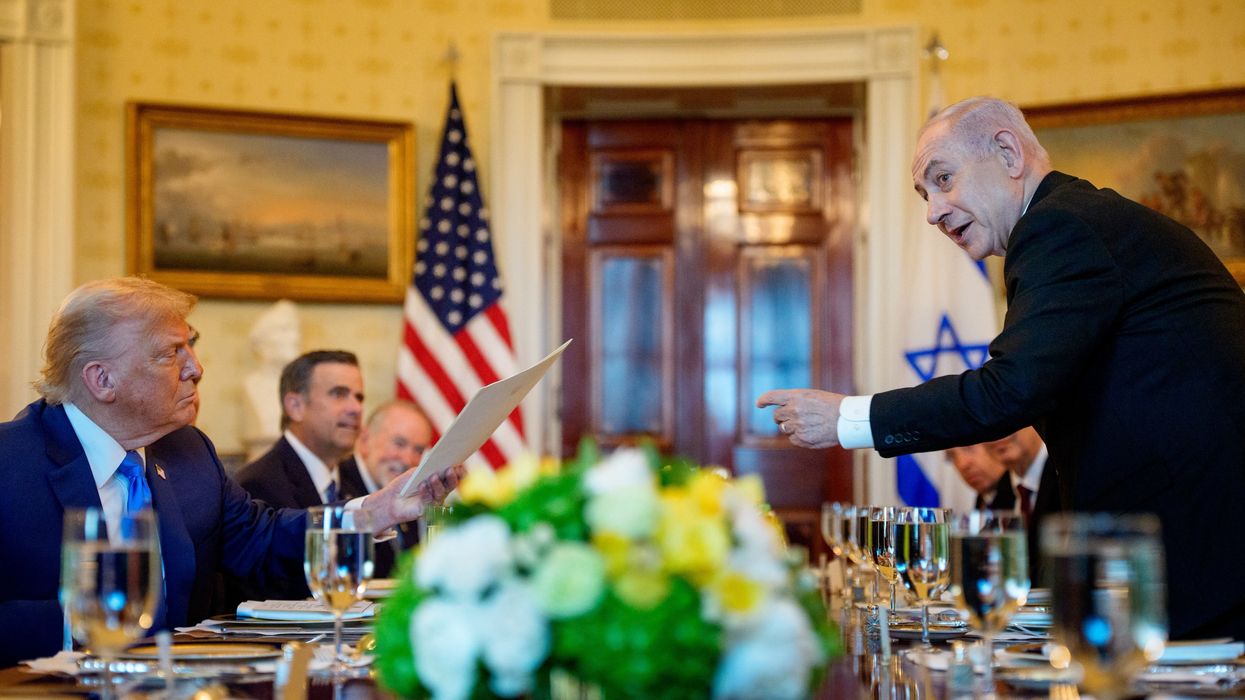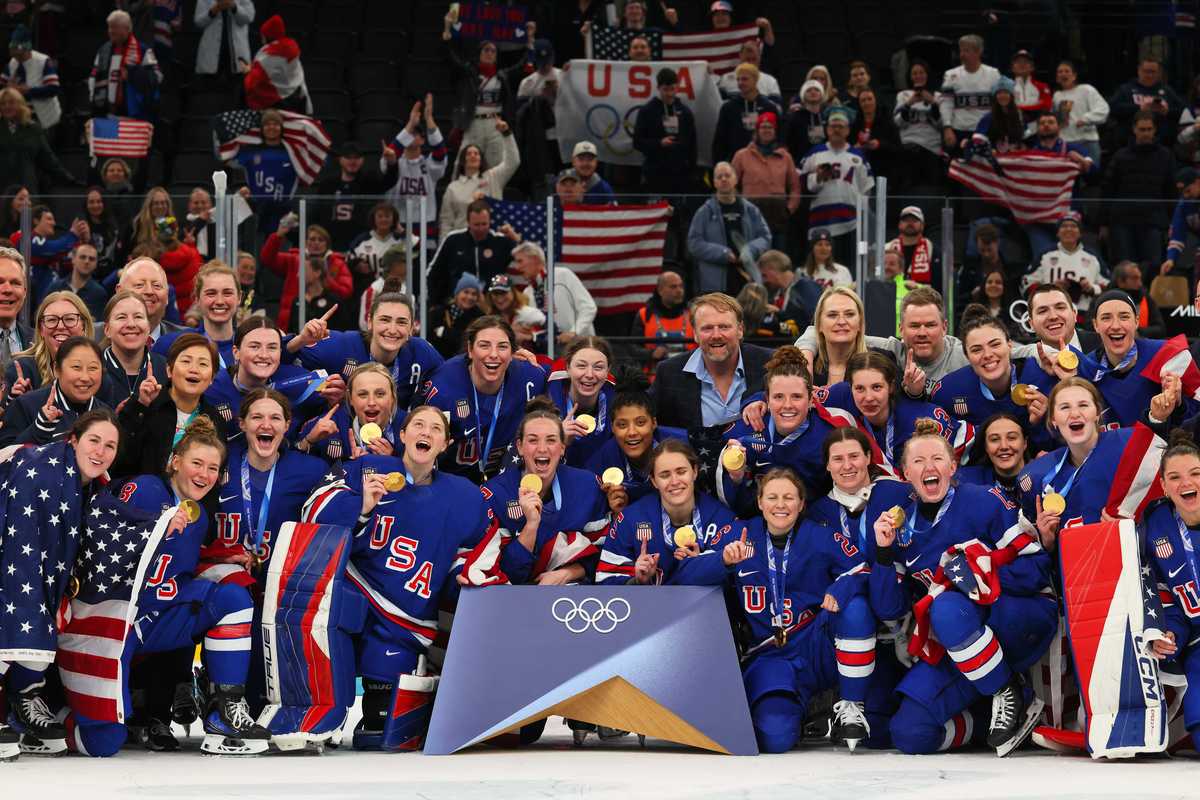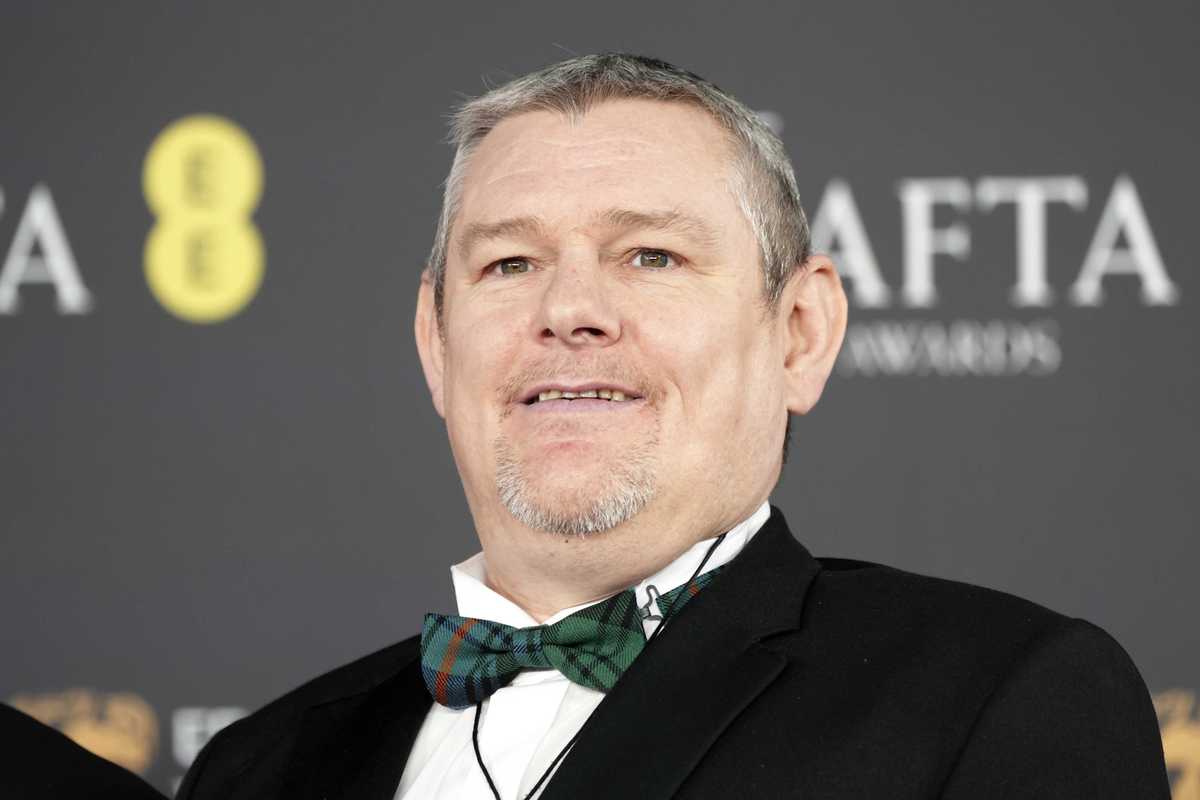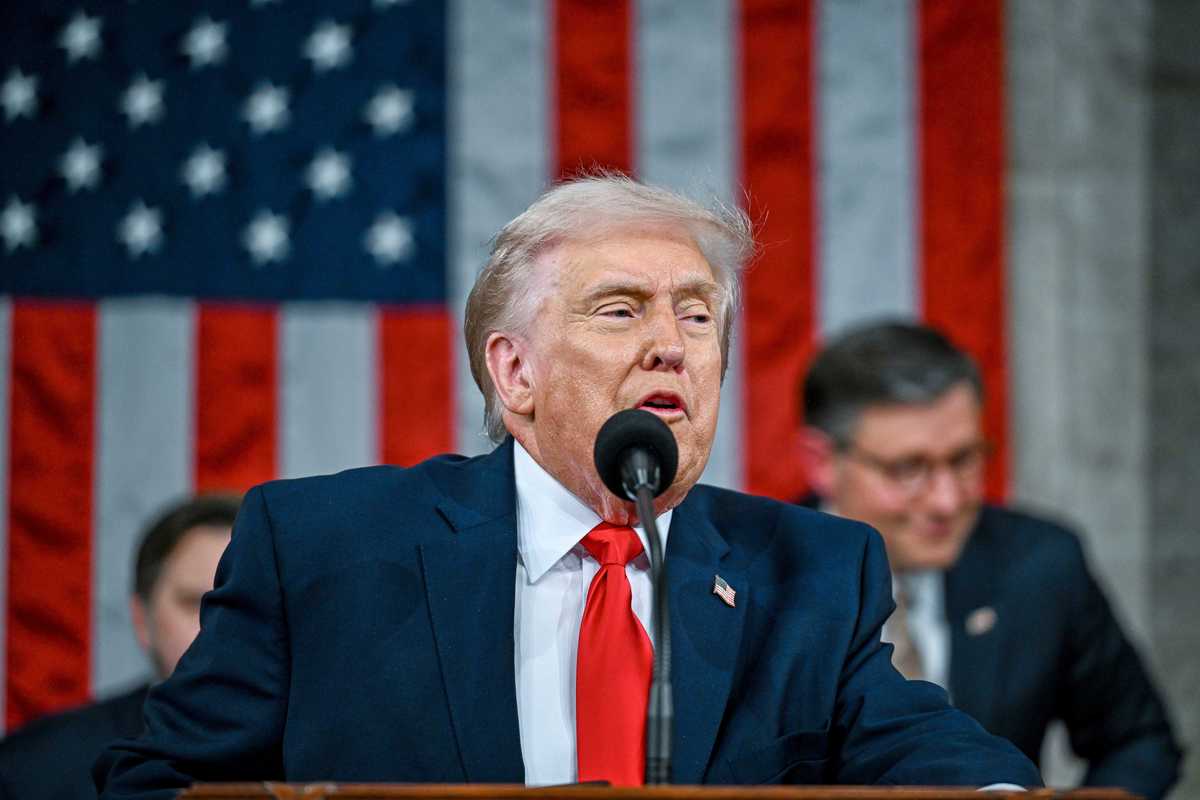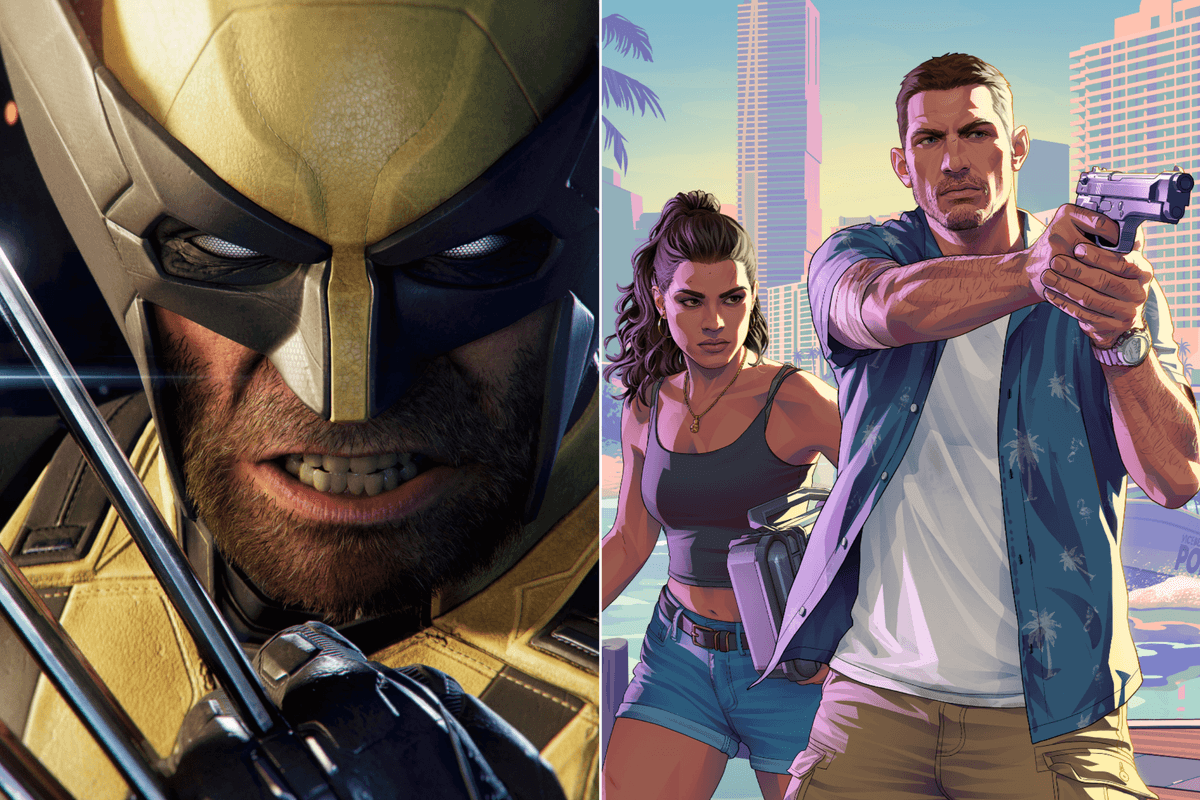Trump
Liam O'Dell
Jul 09, 2025
Netanyahu says has nominated Trump for Nobel Peace Prize as leaders discuss …
FMM - F24 Video Clips / VideoElephant
Donald Trump has been nominated for the Nobel Peace Prize by Israeli prime minister, Benjamin Netanyahu, following a dinner at the White House.
The US President has had a long-standing quest to get his hands on the prize, and it comes a couple of weeks or so after Pakistan's government backed him to do so.
The Peace Prize is awarded to honour efforts in four main areas: arms control and disarmament, peace negotiation, democracy and human rights.
Netanyahu, who has a warrant out for his arrest by the International Criminal Court over alleged war crimes, praised Trump's "extraordinary team" and said: "I want to express the appreciation and admiration, not only of all Israelis, but of the Jewish people and many, many admirers around the world for your leadership.
"I think our teams together make an extraordinary combination to meet challenges and seize opportunities. But the President has already realized great opportunities.
"He forged the Abraham accords. He's forging peace, as we speak, in one country, in one region after the other.”
We might well be preaching to the choir here, but let's break down a number of reasons why Trump probably shouldn't receive a prize centred around peace-making.
The US-brokered ceasefire between Israel and Iran was violated minutes after coming into effect
Despite Trump boasted of a "complete and total ceasefire" between the two countries, which came into effect on 24 June at 7am local time, Netanyahu's office claimed Iran launched a missile at 7:06am that day, followed by a further two missiles at 10:25am.
Meanwhile the Israeli military said at the time that it had "forcefully attacked in the heart of Tehran" overnight.
Trump was furious, issuing remarks which went viral after he dropped the f-bomb in comments to reporters.
He said: "Iran violated it, but Israel violated it too. Israel, as soon as we made the deal, they came out and they dropped a load of bombs the likes of which I’ve never seen before. The biggest load that we’ve seen.
"I’m not happy with Israel. You know, when I say ‘OK, you have 12 hours,’ you don’t go out in the first hour and just drop everything you have on them. So I’m not happy with them. I’m not happy with Iran either.
"You know what? We basically have two countries that have been fighting so long and so hard that they don’t know what the f*** they’re doing.”
The ceasefire has since been described by news outlets as "fragile".
He failed to stop the war in Ukraine within 24 hours of entering office, as promised
Before he won a second term in office, Trump claimed he would resolve the war between Russia and Ukraine on his first day in the White House, or even before he arrived there.
Well, it's been more than three years since Russian president Vladimir Putin launched his invasion of Ukraine, and that hasn't happened. The war is still ongoing.
Even after Putin agreed with Trump that he would halt strikes on Ukraine's energy grid - as part of a 'partial ceasefire' back in March - Russia ended up doing the exact opposite, launching a mass drone attack hours later.
What's more, back in June, a Ukrainian lawmaker - Oleksandr Merezhko - ended up withdrawing his Nobel Peace Prize nomination for Donald Trump as he had "lost any sort of faith and belief" in the US president securing a ceasefire deal between Russia and Ukraine.
There's scepticism over the peace deal between the Democratic Republic of the Congo and Rwanda, which the US oversaw
June also saw the Democratic Republic of the Congo (DRC) and Rwanda sign a peace deal facilitated by the US, but Al Jazeera has since reported that the agreement has been met with some scepticism.
Michael Odhiambo, a peace expert for Eirene International in the DRC, told the news organisation: "I think a lot of ordinary citizens are hardly moved by the deal and many will wait to see if there are any positives to come out of it.
"There is fear that American peace may be enforced violently as we have seen in Iran. Many citizens simply want peace and even though [this is] dressed up as a peace agreement, there is fear it may lead to future violence that could be justified by America protecting its business interests.”
Announcing the deal on his Truth Social platform, Trump complained he "won't get a Nobel Peace Prize" for his efforts.
"I won’t get a Nobel Peace Prize for stopping the War between India and Pakistan … No, I won’t get a Nobel Peace Prize no matter what I do, including Russia/Ukraine, and Israel/Iran, whatever those outcomes may be, but the people know, and that’s all that matters to me,” he wrote.
He's threatened the use of military force to annex Greenland
Even though the people of Greenland have made it clear they want to remain independent, the US president hasn't ruled out using military force to annex the semi-autonomous Arctic nation.
When asked on Meet the Press back in May if he would take such a step, Trump said he doesn't rule it out.
He told NBC News' Kristen Welker: "I don’t say I’m going to do it, but I don’t rule out anything.
"We need Greenland badly. Greenland is a very small amount of people, which we'll take care of, and we'll cherish them, and all of that. But we need that for international security."
That doesn't sound peaceful to us...
So, seriously? A Nobel Peace Prize for Donald Trump? Please.
Why not read...
- The 20 most stupid things Donald Trump has ever said
- Donald Trump's most 'hateful' comments yet make him 'unfit' to be President, critics claim
How to join the indy100's free WhatsApp channel
Sign up to our free indy100 weekly newsletter
Have your say in our news democracy. Click the upvote icon at the top of the page to help raise this article through the indy100 rankings.
Top 100
The Conversation (0)
